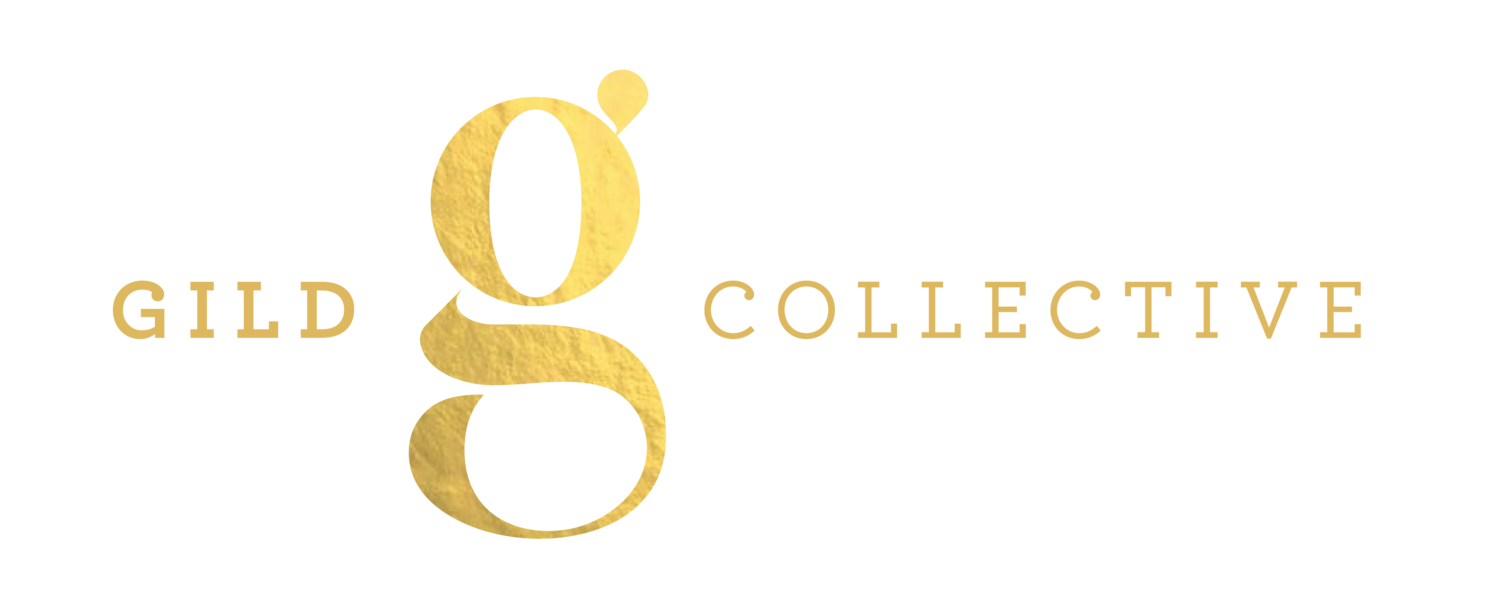In February, we celebrated Black History Month, and in March, we celebrated Women’s History Month. As we come off two months celebrating distinct identities, it is important to take a moment to revisit the experiences of individuals who face double discrimination as a result of intersectional identities. In the 2021 Women in the Workplace report, the trend continues that women of color, and specifically Black women tend to face more microaggressions than white women or an aggregate of all women.
Case Study: Tech Company Women's Leadership Program
As part of an ongoing relationship with one of our clients in the technology industry, we delivered a women’s leadership program to women’s ERG participants within the organization. The two-day session leading up to International Women’s Day offered participants the rare opportunity to set daily responsibilities aside and focus on their personal and professional development. By taking a step back and looking at their careers–past, present, and future–participants had space to clearly articulate their values, vision, and goals for success. Participants left the session with an expanded network, both through the cohort they bonded with over the two day program and through the intentional planning they completed to create purposeful networking, mentorship, and sponsorship goals.
Case Study: Xavier Leadership Center
Case Study: Midwest Communications
Earlier this year we were invited to develop and facilitate a women’s leadership speaking series for Midwest Communications– specifically their Southern Indiana division of Midwest Radio. Midwest Radio owns and operates the premier radio stations of the Southern Indiana Region, and play an integral role in growing and fostering community in Evansville, Indiana and the surrounding areas. Specifically, Midwest Radio is dedicated to elevating their female community, who play a valuable role for their stations.
Case Study: Tech Company Leadership Program
Last December, we delivered a 2-day program to under-represented minority women at a large technology company and were invited back to share the leadership program with a broader audience of mid-level participants within the organization.
While objectives shifted slightly between the programs, we focused on developing a concrete career strategy map and layering in additional tools to help participants achieve their goals. This included clearly recognizing strengths, identifying areas of opportunity, and creating a personal board of directors to support and advocate for participants.
Across the three programs delivered to-date, we continued to track pre- and post- session benchmarking feedback. On average across the sessions, we saw an increase in agreement on key indicators:
My company values me and my contributions: +6%
My company supports me in defining my career plan: +18%
There are opportunities for me to progress in my organization: +15%
I possess the tools needed to achieve my career goals: +35%
I have a clear vision for my role at my company in the next 2 years: +20%
We’re looking forward to taking this program to more participants in 2020!
Case Study: Tech Company Women's Program
In December 2018, Gild Collective facilitated a 2-day program for a cohort of under-represented minority (URM) women at Intel. The participants came from a variety of departments and positions within the organization and many had never met previously. Beyond the action-oriented programming during the session, we organized opportunities for connection and network building to create support networks within the organization.
4 Reasons Female Mentorship is Important
It is rare to hear anyone dispute the benefits of having a mentor in the workplace. Mentors help guide you along the path of your career and advocate for you when you need them. Having a mentor can be the difference between getting ahead in your career and staying stagnant. However, of people being mentored, very few are being mentored by women. It’s important for women to act as mentors, not only to lift up future leaders but to also improve their own leadership skills.
Inspiring Future Female Business Leaders
Gamma Phi Beta International REAL Leadership Academy
Women in Leadership Symposium
Women in Digital (Columbus)
Responding to Women’s Initiative Pushback
We’ve heard just about everything when it comes to the perceptions of women’s initiatives within organizations. We’ve seen organizations where all employees are bought-in—they see the value, and they have both men and women participating in driving equality in the workplace. But, we’ve also seen organizations where there is women’s initiative pushback, or a lack of understanding on what the purpose of the initiative is and the goals it is trying to reach.
Three Signs it is Time to Break Up With Your Mentor
If you are developing purposeful mentor relationships and giving a bit of structure to them, there should also be a structure in place for knowing when it is time to wrap up the ‘formal’ part of your agreement. We know this person has become important to you over time, and they certainly don’t drop out of your life—it may just be time to free up your time (and theirs) for a more beneficial relationship for your next challenge.
Bringing Passion Together: The Women’s Initiative Roundtable
Mentorship Ground Rules for Eradicating Eye Rolls
I strongly believe in the power of having key mentors to guide and support you through this crazy life. By following these ground rules, we can show the impact that purposeful, time-sensitive, sometimes unexpected, but overall done-right mentorship relationships can have. Maybe we’ll even win over a few eye-rollers in the process!


